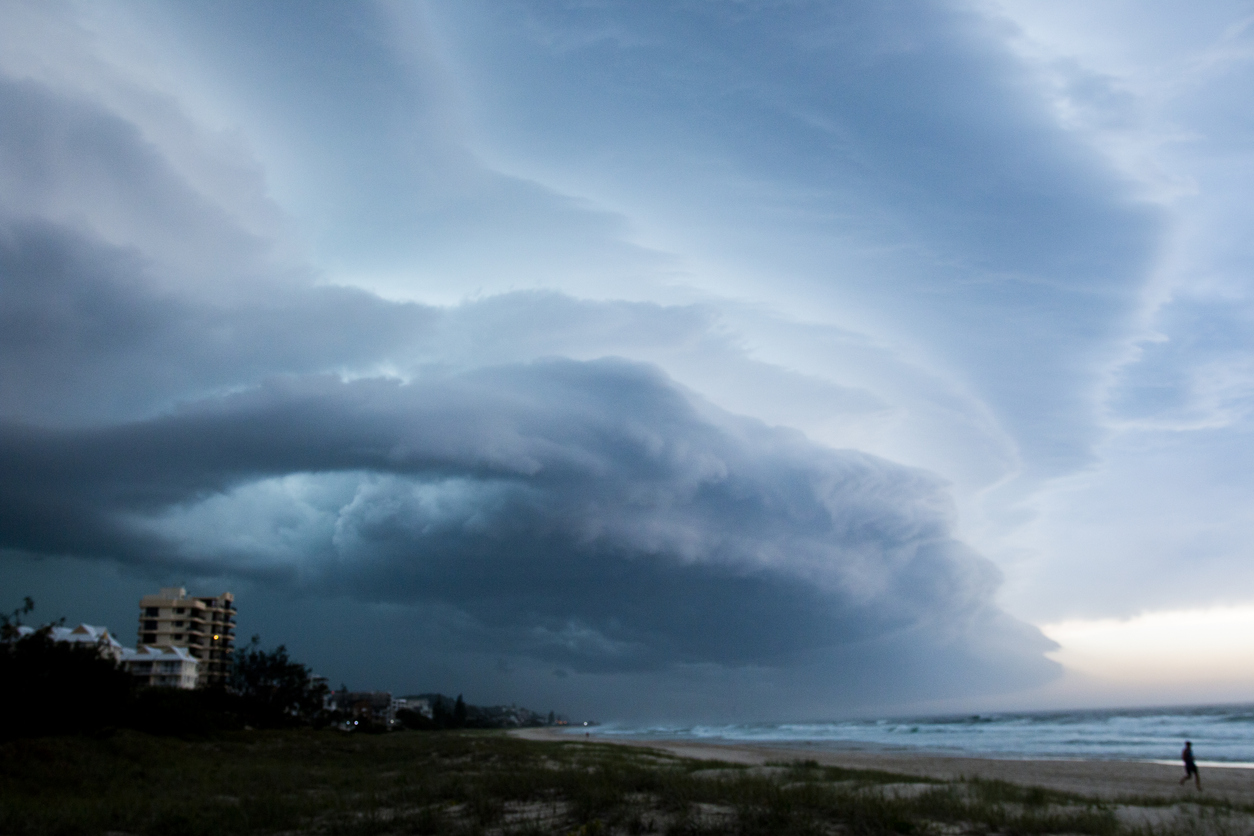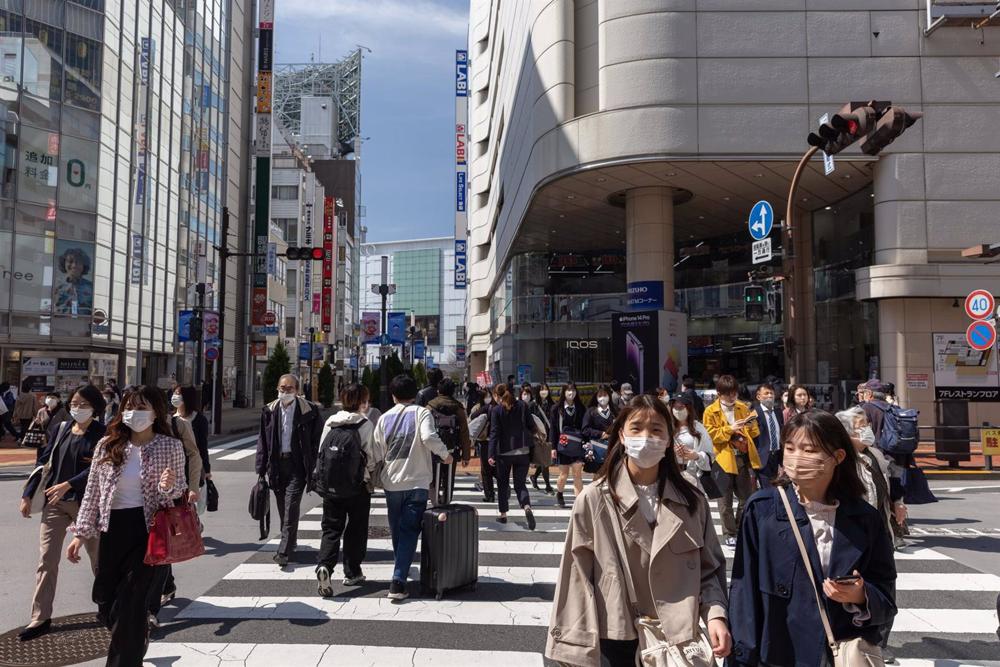
The NGO Amnesty International has regretted that, with the arrival of Vladimir Putin to the Presidency of Russia in 2000, the Eurasian country implemented a strict system of silencing and repression of protests and demonstrations against the Government, which now, with the war in Ukraine, seems to have reached new heights.
The organization has published this Thursday a report entitled ‘Anyway, we are going to arrest you’ in which it emphasizes that the Russian authorities have developed over recent years a «sophisticated system of restrictions and harsh reprisals» to curtail public protests, including the arrest of media professionals.
After years of harassment of critical sectors and persecution of those journalists who gave voice to the protests, with the outbreak of the war in Ukraine, Russia has had to face new calls for demonstrations that have resulted in arbitrary arrests, excessive use of force and high economic sanctions.
«The Russian authorities are determined not only to prevent at all costs and harshly punish any protests, however peaceful, but also to minimize any citizen awareness of them,» denounced Amnesty International’s Russia researcher Natalia Prilutskaya, who has put the spotlight on the situation in the country since February 2022.
Shortly after Putin announced the start of the invasion of neighboring Ukraine, tens of thousands of people took to the streets of Russia’s major cities, defying possible fines and imprisonment, to show their discontent against a decision that would plunge their country into a conflict in which they would have the international community against them.
However, despite the bravery of some Russian citizens, the authorities did not hesitate to apply «the harshest sanctions» against those who participated in the demonstrations, while the police «used abusive force» against journalists and independent observers who tried to report what was happening.
At the same time, while Moscow has increased its demands to the media to be able to cover live the events taking place in the country, the Police, independently, has even demanded from journalists «letters of accreditation from their company» or their identity documents.
«Along with the harsh legal restrictions on press freedom already imposed by the state, the police are increasingly acting arbitrarily to prevent journalists and other media personnel from informing the public about the protests,» denounced Prilutskaya.
In addition, during the past month of March there has been an increase in cases of journalists being accused of «spreading false information about the Armed Forces», as well as for the work of the Army on foreign territory, the latter a new article recently included in the Russian Criminal Code.
Therefore, the persecution of journalists no longer takes place only when they cover demonstrations on the streets, but also in the editorial offices themselves the media professionals are facing possible arrests for disseminating information considered «false» by the Kremlin.
JOURNALISTS TARGETED Under this legislation, the Russian authorities have directly targeted journalists, as in the case of the independent publication Vechernie Vedomisti and its director, Guzel Aitukova, who have been imposed economic sanctions amounting to 450,000 rubles –more than 7,120 euros– for disseminating photographs of anti-war stickers.
Another prominent case is that of the Dovod media, whose editor-in-chief, Kirill Ishutin, had his home searched by the police for allegedly being a witness in a criminal investigation into vandalism in connection with the appearance of anti-war street paintings on a bridge in the city of Vladimir.
On the same date, authorities also raided the offices of the newspaper ‘Pskovskaya Guberniya’ to confiscate computers, cell phones and other materials as part of a case on the crime of «discrediting» the Russian Armed Forces abroad. Following this episode, the newspaper announced the temporary cessation of its activity.
This persecution has provoked a sort of exodus of hundreds of journalists from Russia. Likewise, well-known media outlets such as TV Rain or the newspaper ‘Novaya Gazeta’ have been forced to suspend their activity. The radio station Ekho Moskvy, known for voicing criticism of Putin, was also closed by the authorities.
THE NAVALNI CASE, ANOTHER EXPONENT The precarious democratic and information conditions in Russia have been highlighted internationally with the outbreak of the war, although it is true that years ago, with the imprisonment of opposition leader Alexei Navalni, this issue also gained notoriety.
In January 2021, the Russian population also took to the streets to denounce the imprisonment of Navalni, sentenced to prison for violating the terms of the probation imposed on him for a previous case of fraud. Navalni, a critic of the Putin government, was allegedly poisoned by Moscow with the nerve agent Novichok.
According to Prilutskaya, the Russian authorities had already set in motion their system of repression at the time to deny the population all the information they needed on the matter in an attempt to «eradicate any public expression of discontent». Those protests culminated in the arrest of at least 16 journalists, according to the Union of Journalists and Media Workers, which was suspended in September 2022.
In addition, at least seven members of the NGO Committee Against Torture were arbitrarily detained while observing the protests. In many of these cases, the detainees were tried for «participating in an unauthorized public meeting» and sentenced to at least ten days of administrative detention.
«MINUTE SCRUTINY» BY THE INTERNATIONAL COMMUNITY In this context, Amnesty has called on the international community to carry out «thorough and effective scrutiny» of the situation and to ensure compliance with freedom of expression and information in Russia.
«In bleak times like these, it is essential to extend a helping hand to Russia’s beleaguered civil society and independent media to assist those doing monitoring and reporting work in the country and to let the world know of their existence,» Prilutskaya remarked.
For AI’s Russia researcher, it will not be possible to put an end to the «terrible and widespread abuses», nor to the «aggression against Ukraine», as long as some of the main rights and freedoms that the population should enjoy continue to be strangled inside the Eurasian country.






